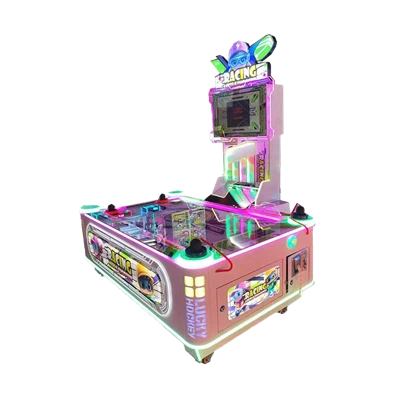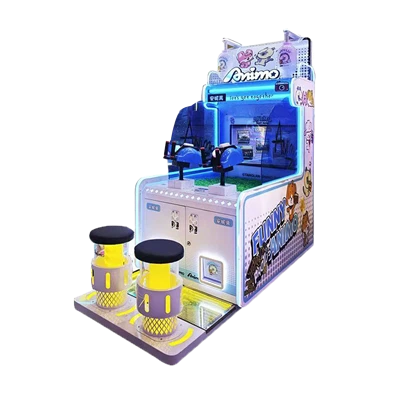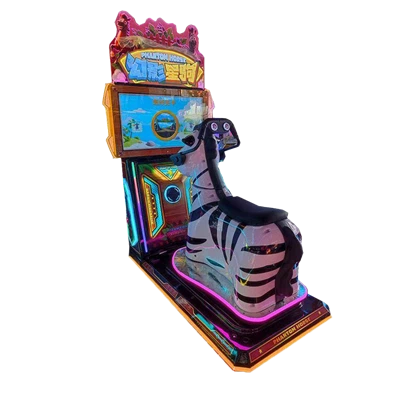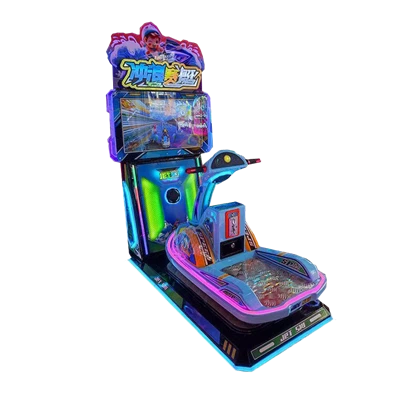Gachapon Japan: 7 Best Medal-Game Hotspots
gachapon japan still leads the global capsule-toy scene - not just as a nostalgia item but as a high-turnover retail format in travel hubs and specialty stores. This deep-dive shows where gachapon sells best (with Narita and other tourist hubs in focus), why "medal game" culture matters for operators, current market signals, and practical tips for B2B buyers and overseas distributors.

What is the gachapon market today? (Quick snapshot)
Gachapon (capsule toy) demand remains strong: market research reports estimate the global gashapon / capsule toy market in the multi-billion USD range with steady growth into the late 2020s. Bandai - the original commercial gashapon brand - reports expansion of dedicated stores and very strong capsule sales in Japan, citing airports and tourist hubs as particularly high-performing sites. Use this combination of market-level data and corporate signals when prioritizing markets.
Why Narita & airports outperform typical locations
Airports concentrate tourists who want last-minute souvenirs and need to spend leftover local currency. Bandai and local reporting note that capsule machines at major airports (for example Narita) often achieve multiples of typical in-city sales and are intentionally stocked with high-appeal, limited-run capsules. That makes airports one of the fastest payback placements for capsule vending. If you target tourists, prioritize airport zones, kiosks near international gates, and duty-free adjacencies.
7 hotspot types in Japan - where gachapon wins (and why)
- Airport terminals (Narita, Kansai) - highest turnover; perfect for souvenir-style series.
- Large shopping malls & entertainment centers - steady family footfall and impulse buys.
- Specialty gashapon stores (Bandai Official Shop) - collectors and adult fans targeted with premium licensed lines.
- Train stations & tourist attractions - local-themed capsules sell as location-based souvenirs.
- Game centres & arcades (medal game zones) - medal games and capsule machines cross-promote well in arcade islands.
- Theme parks & museums - exclusive runs and limited editions perform strongly.
- Convenience & variety stores near tourist routes - low friction, high visibility placements.

Medal games vs capsule toys - what operators should know
- Medal game (メダルゲーム) culture is distinct: players exchange cash for medals to play arcade-style games (not directly for capsule toys). Medal game areas drive dwell time and encourage cross-play with capsule toys placed on sightlines. For buyers, pairing medal-game islands with capsule racks increases both average spend and repeat sessions.
Pricing & consumer context (USD / JPY examples)
- Typical capsule retail price in Japan: ¥100–¥500 (≈ $0.70–$3.50) depending on rarity/licensing. High-end limited or licensed pieces push the top end.
- For operators: model conservatively - a well-placed airport capsule wall can easily do several thousand plays/month; for local malls expect lower but steady volumes.
Sourcing and merchandising tips for B2B buyers
- Localize SKU mixes: airports want tourist-themed or licensed IP; gaming arcades prefer character or gag series.
- Rotate limited runs weekly: scarcity drives repeat purchases.
- Consider capsule quality: collectors care about sculpt and paint; supplier selection matters.
- Place a small "big win" or limited capsule near checkouts to drive social shares.
Quick checklist for airport / tourist hub deployments
- Secure permits and landlord approval for terminal placements.
- Stock a mix of low-price impulse items (¥100) and mid/high priced licensed pieces (¥300–¥500).
- Add multilingual signage and cashless payment options to reduce friction for foreign tourists.
- Track plays per machine and turnover weekly; prioritize refills to avoid empty displays.








